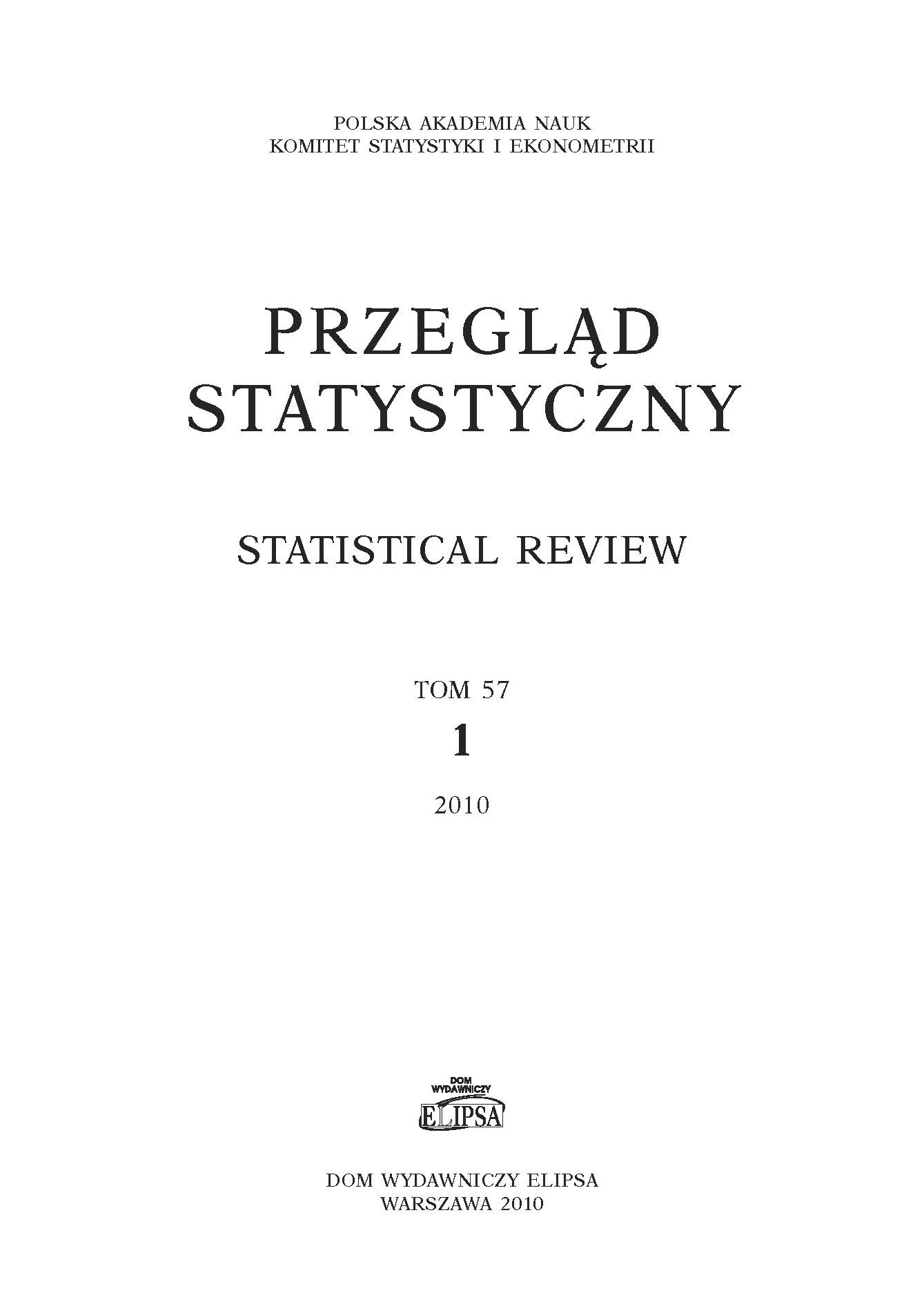Asymptotycznie efektywna strategia odrzucania gier obarczonych zbyt dużym ryzykiem
Asymptotically Efficient Adaptive Strategy of Rejecting Games with too high Risk
Author(s): Ewa DrabikSubject(s): Economy, Financial Markets
Published by: Główny Urząd Statystyczny
Keywords: asymptotically efficient strategy; risk aversion; loss aversion; repeated game
Summary/Abstract: Many important economic decisions involve an element of risk. Risk aversion is a concept in economic, game theory, finance and psychology related to the behavior of consumers, players and investors under uncertainty. Loss aversion is an important component of a phenomenon that has been discussed a lot in recent years. Loss aversion is a tendency to feel the pain of a loss more acutely than pleasure of the equal – sized gain. Many scientists have analyzed the problem of profitability in the game. Some authors presented certain features, by which “safe” games played once should be characterized. Kahneman and Tversky (1991) showed that loss – aversion – to – gain – attraction ratio should amount to 1:2. The aim of this paper is to show an asymptotically effective strategy which enables the risk – aversive player to establish boundary variables loss and gain at each stage of the repeated game.
Journal: Przegląd Statystyczny
- Issue Year: 57/2010
- Issue No: 1
- Page Range: 53-65
- Page Count: 13
- Language: Polish

